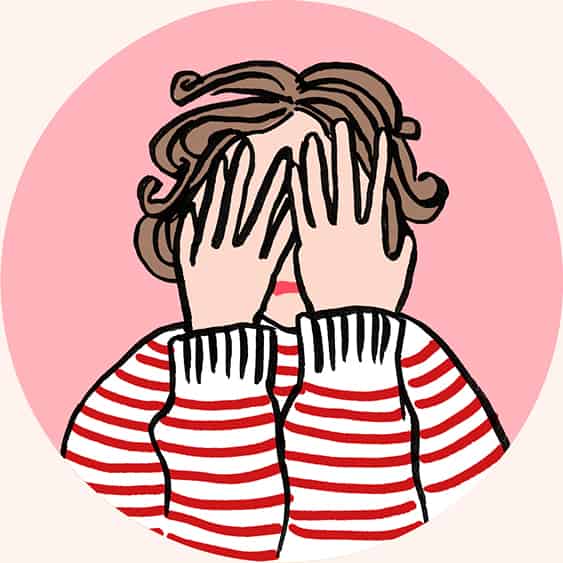
Stimmungsschwankungen, Traurigkeit und Niedergeschlagenheit
Oft weißt du gar nicht, warum du plötzlich so wütend oder traurig bist. Stimmungsschwankungen können plötzlich und überraschend kommen.

HALLO, ICH BIN SUSANNE
Die Wechseljahre betreffen jede Frau. Eigentlich klar, dass wir darüber so viel wie möglich wissen sollten. Um auf das vorbereitet zu sein, was auf uns zukommt oder gerade mit uns passiert. Um damit umgehen zu können. Und um auch in dieser Phase unseres Lebens selbst zu bestimmen, wie wir leben.
Das hier ist verdammt noch mal wichtig. Komisch, dass trotzdem niemand mit uns darüber redet. NOBODYTOLDME ist hier, um das zu ändern.
Foto: Helen Fischer
KENNST DU DAS?
KENNST DU
DAS?
Nachts kannst du nicht schlafen. Tagsüber fühlst du dich erschöpft und ein ganz normaler Tag kann sich anfühlen, als müssten wir uns durch Klebstoff kämpfen.
Hitzewallungen kommen aus dem Nichts und gehen mit plötzlichen Schweißausbrüchen und Frieren einher.… Wer hat sich das bitte ausgedacht?
Oft weißt du garnicht warum du plötzlich so wütend oder traurig bist. Stimmungsschwankungen können plötzlich und überraschend kommen.
Unsere Hormone spielen eine große Rolle für die weibliche Libido. In den Wechseljahren kann die Lust abnehmen.
Scheidentrockenheit ist ein weiteres Wechseljahrsthema, das man eher nicht bei einem lockeren Käffchen bespricht.
Manchmal können wir keinen klaren Gedanken fassen, können uns nicht mehr konzentrieren und vergessen viele Dinge. Keine Sorge, das ist keine Demenz, sondern einfach Östrogenmangel.
Weder sonst, noch in der Lebensmitte – unter quasi erschwerten Bedingungen – wollen wir zur Furie werden. Wütend? Ja! Furie? Nein! Manchmal passiert es trotzdem …

Oft weißt du gar nicht, warum du plötzlich so wütend oder traurig bist. Stimmungsschwankungen können plötzlich und überraschend kommen.
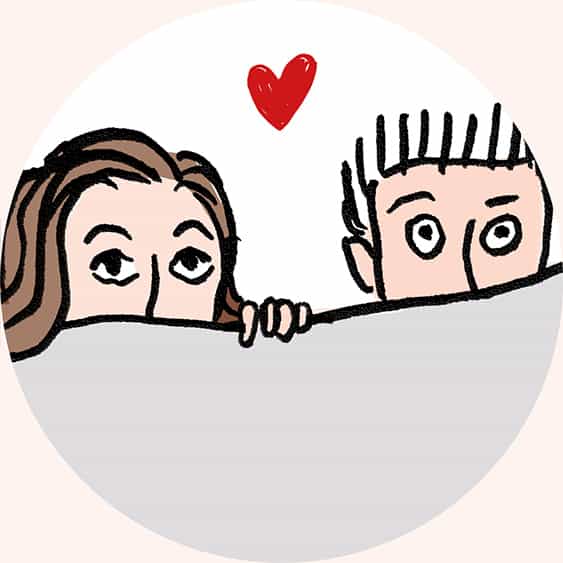
Unsere Hormone spielen eine große Rolle für die weibliche Libido. In den Wechseljahren kann die Lust abnehmen.
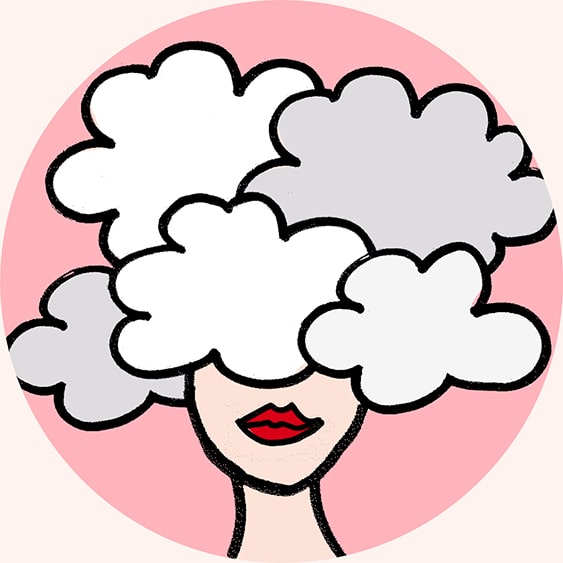
Manchmal können wir keinen klaren Gedanken fassen, können uns nicht mehr Konzentrieren und vergessen viele Dinge. Keine Sorge, das ist keine Demenz, sondern einfach Östrogenmangel.
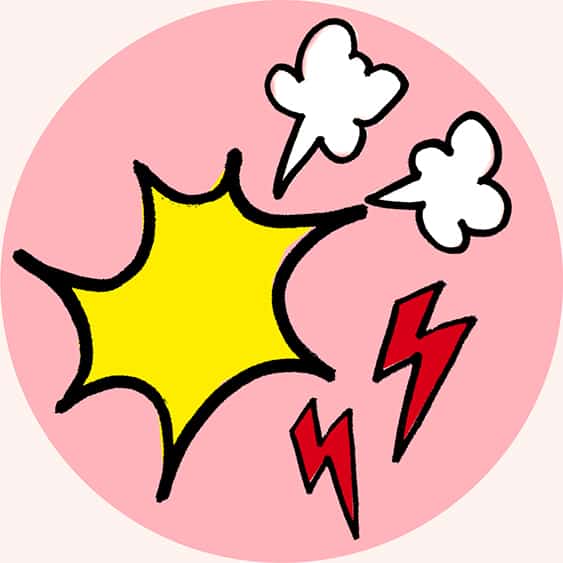
Weder sonst noch in der Lebensmitte – unter quasi erschwerten Bedingungen – wollen wir zur Furie werden. Wütend? Ja! Furie? Nein! Manchmal passiert es trotzdem …
Nachts kannst du nicht schlafen. Tagsüber fühlst du dich erschöpft und ein ganz normaler Tag kann sich anfühlen, als müssten wir uns durch Klebstoff kämpfen.
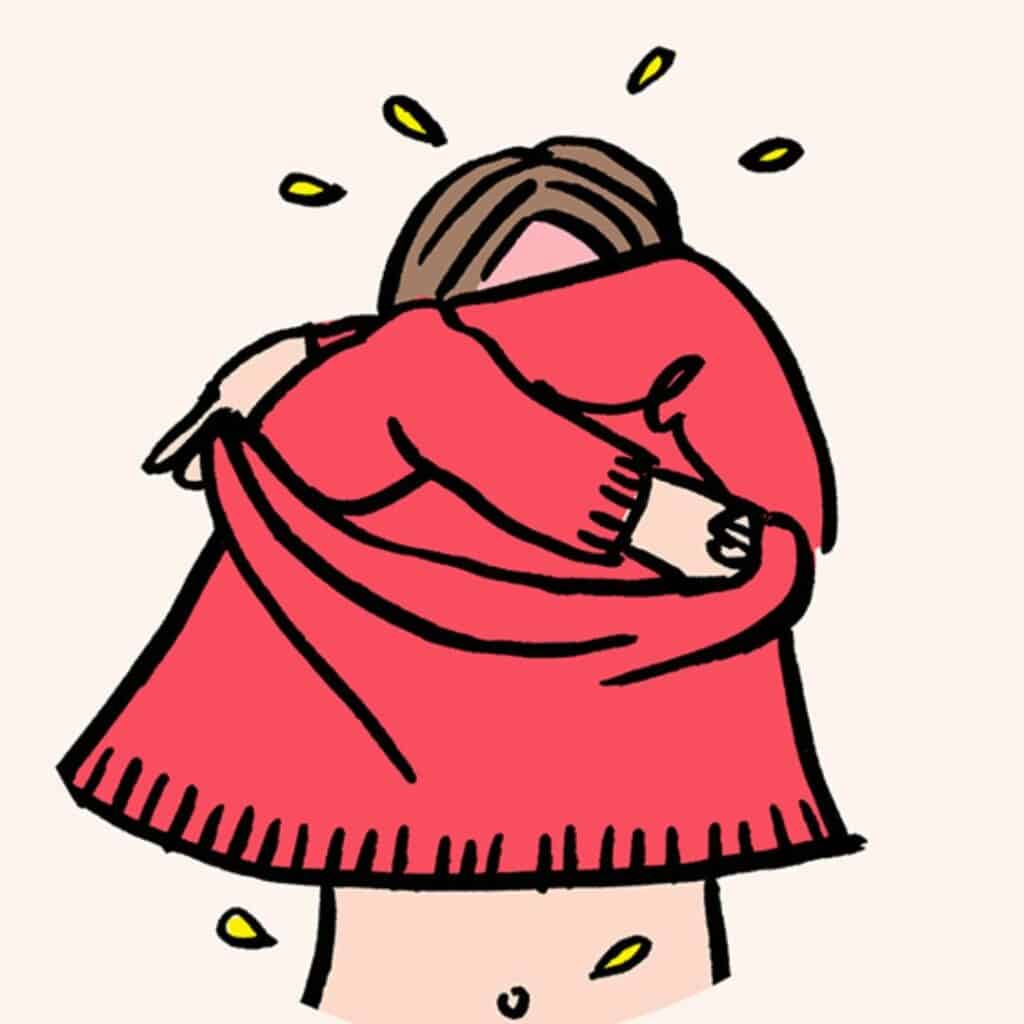
Hitzewallungen kommen aus dem Nichts und gehen mit plötzlichen Schweißausbrüchen und Frieren einher… Wer hat sich das bitte ausgedacht?
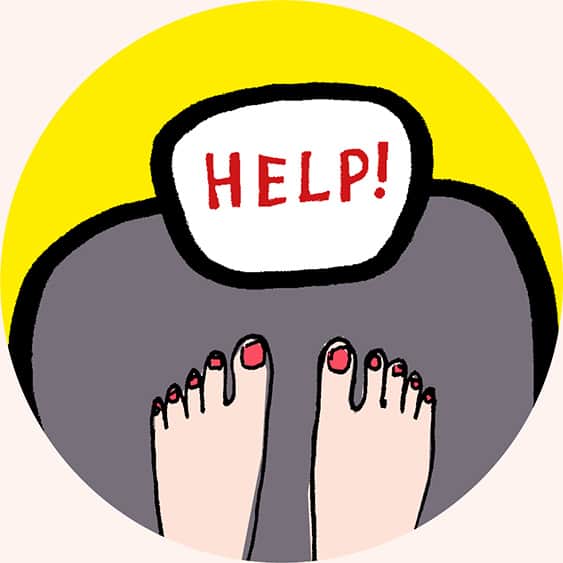
Plötzlich nehmen wir zu, ohne mehr zu essen. Auch sonst flutscht es nicht mehr so recht untenrum.
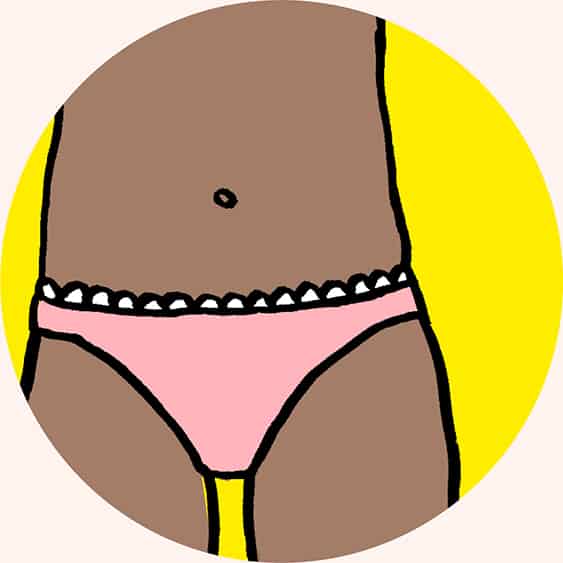
Scheidentrockenheit ist ein weiteres Wechseljahrsthema, das man eher nicht bei einem lockeren Käffchen bespricht.
DU BIST NICHT ALLEINE.
DU BIST NICHT ALLEINE.
Obwohl diese Symptome normal sind, können sie für viele Frauen sehr belastend sein und die Lebensqualität beeinträchtigen. Darüber sollten wir sprechen und uns unterstützen.

SOMEBODYTOLDME:
DER NEWSLETTER
FÜR FRAUEN
SOMEBODYTOLDME: DER NEWSLETTER FÜR FRAUEN
– Was ist dran an Ernährung, Super Foods, Nahrungsergänzung und Medikamenten?
– Welche Rezepte und Kochbücher helfen, deine Hormone auszubalancieren?
– Außerdem: somebodytoldme räumt mit Mythen und Fehlinformationen zu den Wechseljahren auf.
MEINE KURSE SIND FÜR DICH
MEINE KURSE
SIND FÜR DICH
DIE 3 BODY RE:SET PRINZIPIEN
DIE 3 BODY
RE:SET
PRINZIPIEN
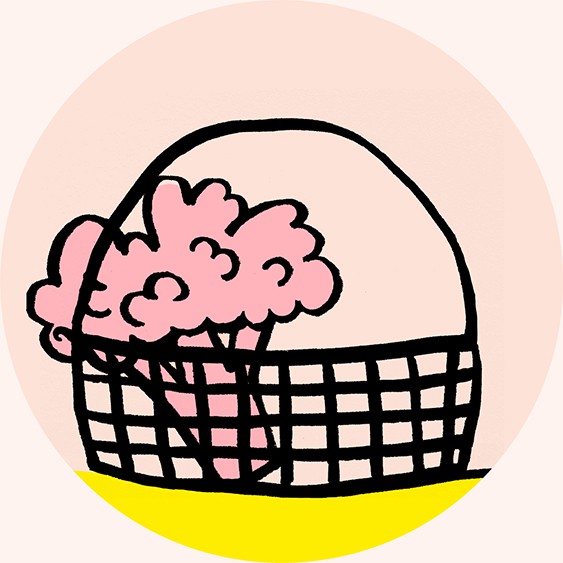
Über einen Zeitraum von nur 21 Tagen, lernst du, störende Einflüsse wegzulassen: Alkohol, rotes Fleisch, Zucker, Milchprodukte, Koffein, Gluten, Fruchtzucker und Umweltgifte.
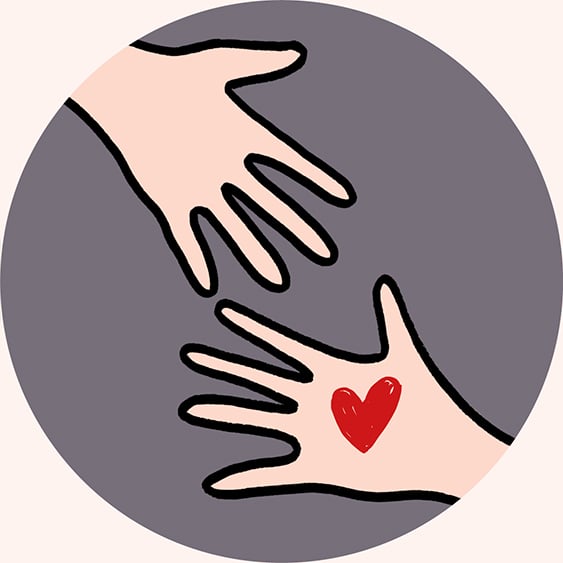
Der Original-Kurs findet gemeinsam mit anderen interessierten Frauen unterschiedlichen Alters statt. Und manchen Frauen hat gerade diese Community sehr geholfen, dranzubleiben.
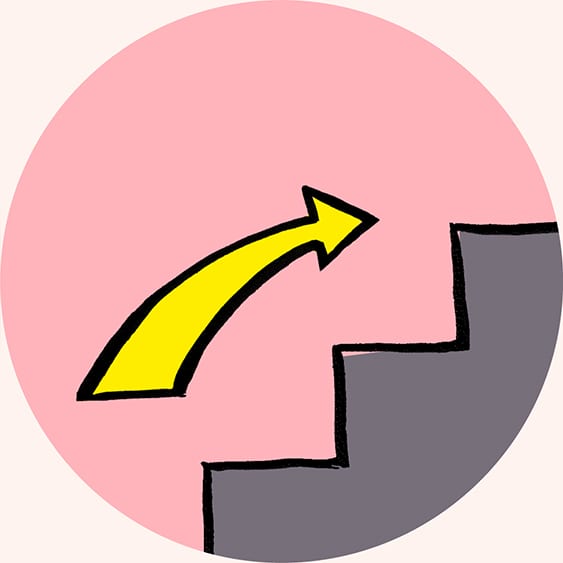
Statt auf einmal ALLES wegzulassen, geht es hier schrittweise und das macht es leichter. Das Grundprinzip ist wie folgt: alle 3 Tage lässt du etwas weg und behältst es dir für die restlichen Tage bis zum Ende der drei Wochen bei.
DAS SAGEN TEILNEHMERINNEN
DAS SAGEN
TEILNEHMERINNEN
DAS SAGEN
TEILNEHMER-
INNEN

“Der Ausstieg war schwieriger als der Einstieg. Ein Kurs mit Suchtpotential!”
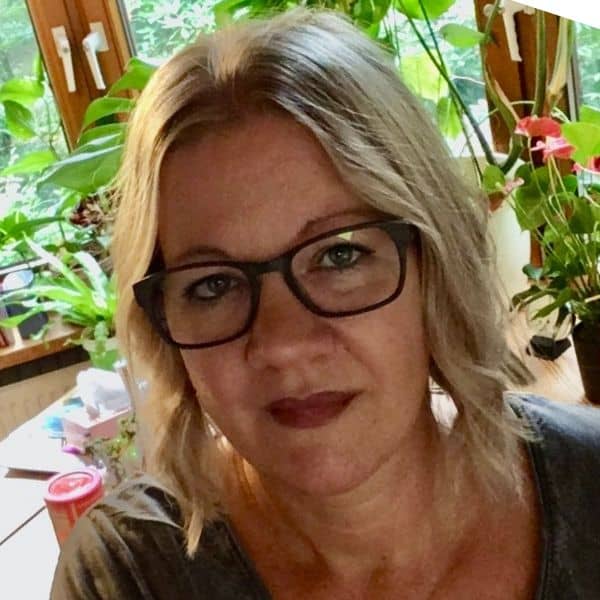
“Ich war sehr skeptisch am Anfang, da ich nach nur 3 Wochen nicht viel erwartet habe. Angemeldet habe ich mich trotzdem, weil ich den berühmten „Tritt in den A*“ brauchte. Jetzt habe ich die 21 Tage geschafft und bin geflasht. Es hat sich soo viel verändert. Und ich habe sehr viel über mich und meinen Körper gelernt. Das werde ich mitnehmen in die Zeit danach.”
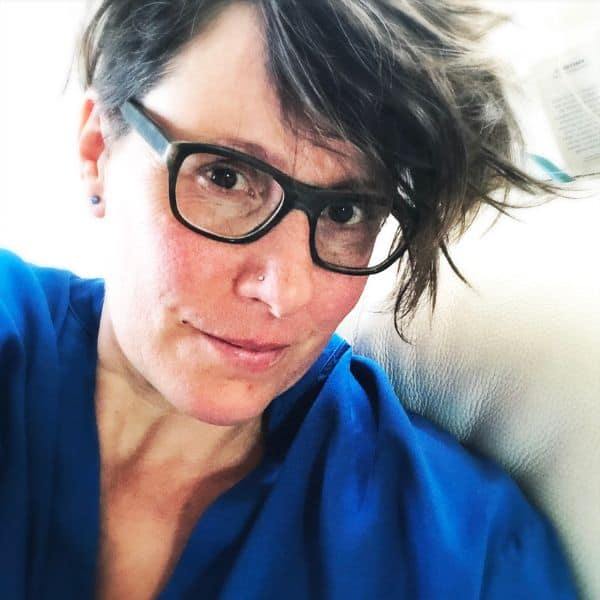
"Ich habe mit dem Body Reset Kurs gestartet als mich ein Zehenbruch ausgebremst hat. Was soll ich sagen? Das war die beste Entscheidung. Das Ende des Kurses ist für mich das Zwischenziel auf dem Weg zu einem gesünderen, energiegeladenen Ich. Danke für diesen Kurs und deine Arbeit.” *) selbst gewählter Name







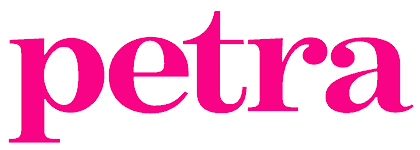





UNSERE EXPERT:INNEN
UNSERE
EXPERT:INNEN
Die Inhalte von NOBODYTOLDME und unseren Kursen werden von sehr kompetenten Expertinnen und Experten mitgeprägt. Sie geben eigene Webinare, die du bei uns im Shop finden kannst.
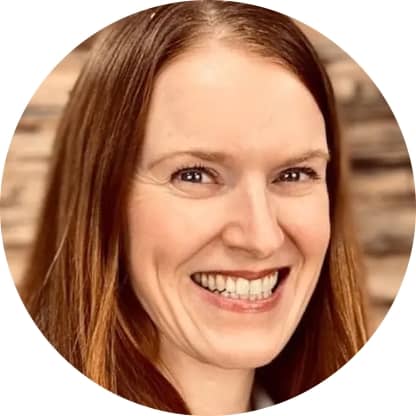
Dr. Christina Enzmann ist Gynäkologin und berät NOBODYTOLDME in allen medizinischen Fragen.
MEHR
KNOWLEDGE
Wikipedia writes:: “The mung beans are more easily digested than the common ones in Central Europe.
Common bean and do not cause flatulence. However, they also have much less flavour of their own. You can use the bean sprouts, the fresh pods or the dried beans. Mung beans germinate easily. This characteristic is used in many households to grow the sprouts themselves in special sprouting trays.”
Germinated mung beans, by the way, contain all eight essential amino acids: isoleucine, leucine, lysine, methionine, phenylalanine, threonine, tryptophan and valine (Source: The Big Book of Sprouts and Germs)

Claudia Sievers ist Frauenärztin in München mit dem Schwerpunkt „Ganzheitliche Frauenheilkunde“. ZUM WEBINAR

Dr. Nicole Weirich ist Urologin aus Gotha. Frauen in den Wechseljahren liegen ihr besonders am Herzen. ZUM WEBINAR

Jessica Grub ist klinische Psychologin, Doktorandin und Dozentin der Universität Zürich. Sie forscht am Zusammenhang zwischen hormonellen Aspekten und menopausalen Beschwerden.
ZUM WEBINAR
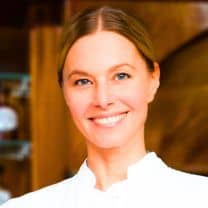
Dr. Wiebke Friese ist Apothekerin. Sie leitet die Schwan Apotheke in Wilster und ist Mitinhaberin der Kräuter-Manufaktur krautcraft.
MEHR
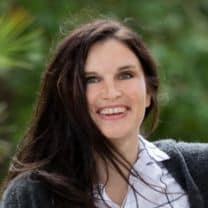
Juliane Herzberg ist Heilpraktikerin. Der Schwerpunkt ihrer Arbeit liegt insbesondere im Bereich des Hormonsystems und der Darmgesundheit.
ZUM WEBINAR
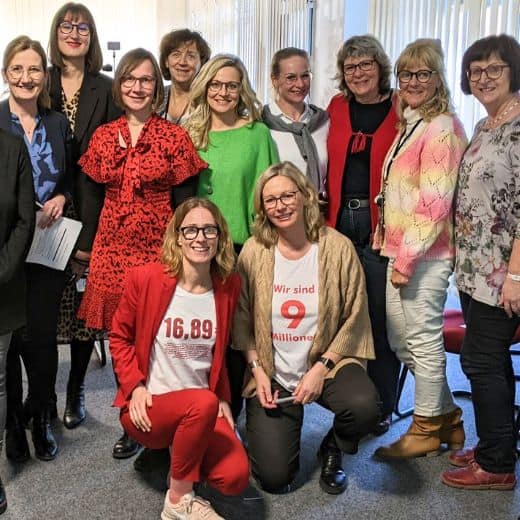
FIRMEN UND
WECHSELJAHRE?
FIRMEN UND
WECHSELJAHRE?
Frauen in den Wechseljahren sind die am schnellsten wachsende Bevölkerungsgruppe in der heutigen Arbeitswelt. Von der Linderung von Wechseljahrsbeschwerden bis zur Steigerung der Mitarbeiterzufriedenheit. Wir helfen Ihnen und Ihrem Unternehmen ein besserer Arbeitgeber für Mitarbeitende in den Wechseljahren zu werden.
Du erhältst zwei bis vier mal im Monat Interessantes zum Thema Frauengesundheit. Was ist dran an Ernährung, Super Foods, Nahrungsergänzung und Medikamenten? Welche Rezepte und Kochbücher helfen, deine Hormone auszubalancieren? Dies und vieles mehr erwartet dich!
| Cookie | Dauer | Beschreibung |
|---|---|---|
| test_cookie | 15 minutes | doubleclick.net sets this cookie to determine if the user's browser supports cookies. |
| Cookie | Dauer | Beschreibung |
|---|---|---|
| VISITOR_PRIVACY_METADATA | 5 months 27 days | Description is currently not available. |
| Cookie | Dauer | Beschreibung |
|---|---|---|
| test_cookie | 15 minutes | doubleclick.net sets this cookie to determine if the user's browser supports cookies. |
| Cookie | Dauer | Beschreibung |
|---|---|---|
| VISITOR_PRIVACY_METADATA | 5 months 27 days | Description is currently not available. |